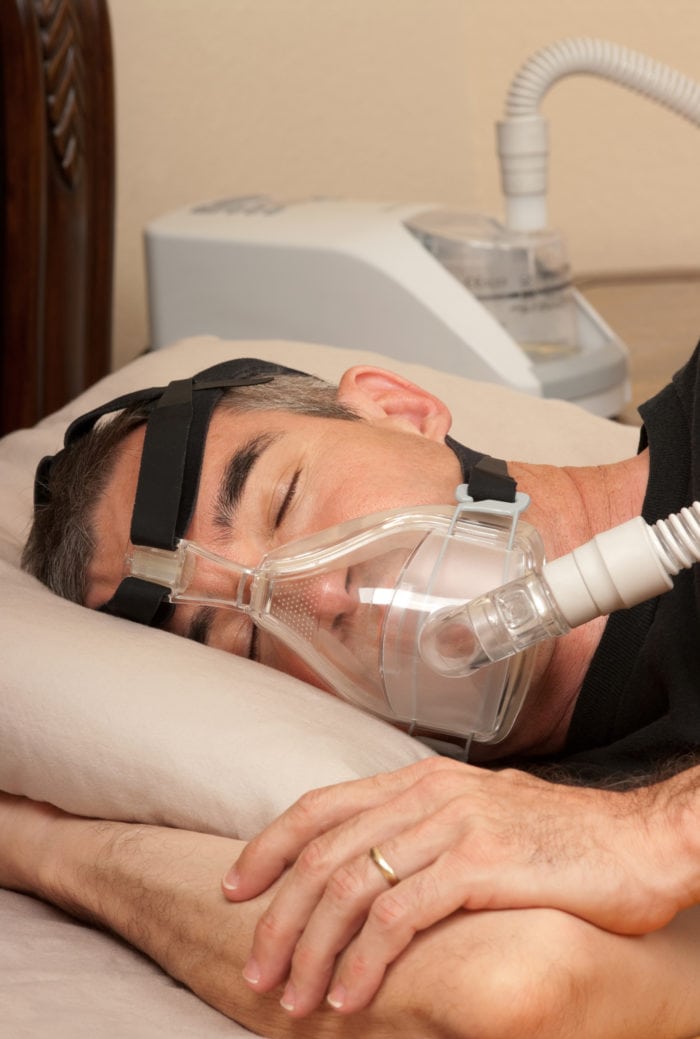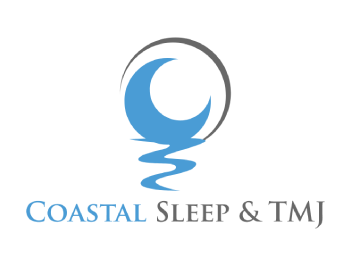
Sleep apnea affects people of all ages, even children. More than 18 million Americans suffer from the disorder. Sleep apnea is the disruption of breathing while sleeping. Anytime breathing is disrupted, the brain and the rest of the body are not receiving enough oxygen.
Types of Sleep Apnea
There are three types of sleep apnea. They are:
- Obstructive Sleep Apnea (OSA): Occurs when the soft tissue in the back of the throat collapses and closes causing a blockage of the airway.
- Central Sleep Apnea: The airway is not blocked but the brain does not signal the muscles to breathe.
- Mixed Sleep Apnea: This is a combination of the two apneas. All three cause fragmented sleep.
Sleep Apnea Symptoms and Risk Factors
Sleep apnea symptoms include:
- Loud snoring
- Sleepiness or lack of energy during throughout the day
- Morning headaches
- Waking up with a sore or dry throat
- Sleepiness while driving or doing other activities
- Forgetfulness or mood swings
- Insomnia
Risk factors include:
- Obesity
- Being male
- Individuals who are over 40
- Having a family history of sleep apnea
- Gastroesophageal reflux, or GERD
- Nasal obstruction due to a deviated septum, allergies, or sinus problems
- Having large tonsils, a large tongue or a small jaw bone
- Having a large neck size (over 17 inches)
Sleep Apnea Effects
Untreated sleep apnea can result in a number of health conditions including:
- Heart failure, irregular heartbeats, and heart attacks
- Stroke
- High blood pressure
- Diabetes
- Depression
- Headaches
Left untreated, sleep apnea can also affect an individual’s daily activities and performance.
Sleep Apnea Diagnosis and Treatment
 If you are exhibiting any of the sleep apnea symptoms you will need to be tested. The test is called a polysomnogram and is usually done in a sleep disorder center. A sleep specialist will prepare you for the test by attaching electronic transmitters to your body that will analyze your sleep patterns. This test will determine whether you have sleep apnea or some other type of sleeping disorder.
If you are exhibiting any of the sleep apnea symptoms you will need to be tested. The test is called a polysomnogram and is usually done in a sleep disorder center. A sleep specialist will prepare you for the test by attaching electronic transmitters to your body that will analyze your sleep patterns. This test will determine whether you have sleep apnea or some other type of sleeping disorder.
Once diagnosed, your doctor will discuss available treatment options which may include:
- Using a CPAP (continuous positive airway pressure) device: A mask worn over the nose and/or mouth while you sleep. This device keeps your airways open so that you will have regular breathing and uninterrupted sleep.
- Oral Appliance Therapy: Dr. Harper works with patients who have been medically diagnosed with sleep apnea or sleep disordered breathing to create a custom sleep appliance. This is best suited for patients with mild to moderate sleep apnea or those who are intolerant of the CPAP.
- Surgery: If you have sinus problems such as a deviated septum, you may require surgery.
- A specially designed dental device that will help keep the airway open during sleep
Schedule a consultation
If you believe you are suffering from sleep apnea and need to be diagnosed, contact our office to schedule a consultation. Dr. Harper works with leading local physicians to help patients recieve the evaluation and diagnosis they need to restore better sleep and imrpoved health.
